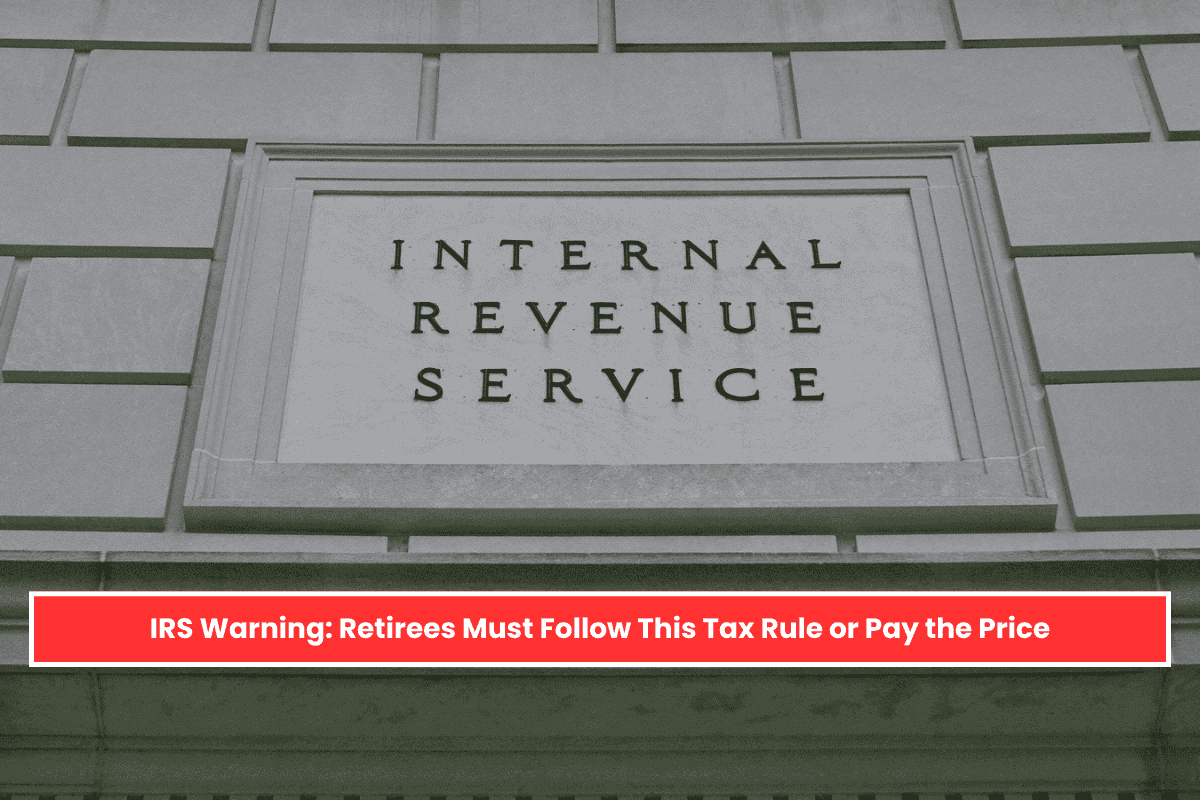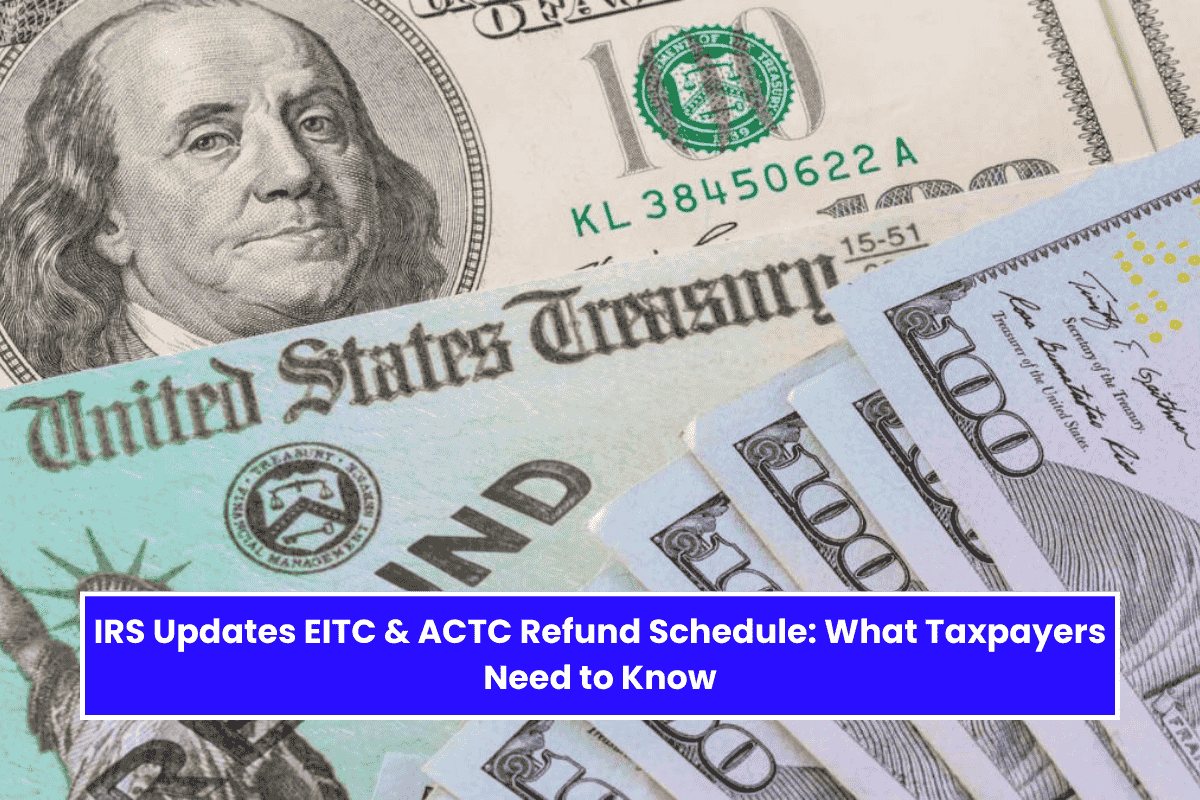In the summer of 2024, the Federal Reserve cut interest rates, hoping to encourage more people to buy homes. But surprisingly, mortgage rates have still been going up.
Experts expected lower rates to make homes more affordable, but that hasn’t happened yet. In fact, mortgage rates increased again in late October, even after a brief drop to a two-year low of 6.08% in September.
This article will explain how rising mortgage rates are affecting potential homebuyers, the economy, and families trying to get into the housing market.
Why Are Mortgage Rates Going Up?
Mortgage rates are affected by several factors, and they don’t always follow the same pattern as the Federal Reserve’s interest rate cuts. Even though the Fed lowered rates, economic growth has been stronger than expected.
This has led to higher yields on government bonds, which in turn pushes mortgage rates up. For example, in October 2024, the average rate for a 30-year mortgage was 6.54%, still much lower than in May, but higher than in September.
The Effect on Home Sales
Mortgage rates have a big effect on how many homes get sold. When rates go up, fewer people can afford to buy homes. In September 2024, sales of previously owned homes dropped by 1%, reaching the lowest level since 2010.
Additionally, mortgage applications also fell, showing that fewer people are even trying to get loans for new homes.
Why Are People Waiting to Buy?
Some people are choosing to wait for better mortgage rates. Families may prefer staying in their current homes for the school year rather than moving to a new home and disrupting their children’s education.
Weather also plays a role—rain and cold can make it harder to list and show homes. Many buyers are waiting to see if mortgage rates drop more before making a decision.
The Struggles of First-Time Buyers
For many people, buying a home is the ultimate goal, but rising mortgage rates are making it harder. Take Zach and Kimberly, for example. Zach is 23, works for the US Postal Service, and Kimberly is 22, a caseworker in North Carolina.
They have two young children and dream of buying a house. However, they don’t have enough savings for a down payment and can’t afford high mortgage rates.
Kimberly explains, “I don’t want to be stuck with a bad rate for years and have to refinance.”
Ken Lowrey, a 27-year-old renter from Charleston, South Carolina, shares similar concerns. He wants to own a home but is struggling with rising rent and medical debt.
His lack of savings has made it impossible to buy a house, and other life goals, like starting a family or saving for retirement, have to wait.
The Bigger Economic Picture
Despite the challenges people are facing, the economy has shown some positive signs. Sam Khater, the chief economist at Freddie Mac, explained that while there are stories about the economy struggling, new data shows that things are actually improving.
Job growth was up in September, and consumer demand remains strong. This is why mortgage rates are staying higher than expected, even though the Federal Reserve has lowered interest rates.
The situation with mortgage rates is confusing for many people. While the Federal Reserve cut rates to make borrowing cheaper, other factors like strong economic data and rising bond yields have kept mortgage rates high.
For families trying to buy homes, this means they face higher monthly payments, making it harder to afford new houses.
In times of uncertainty, a slight increase in rates can make a big difference in budgets, especially for first-time homebuyers like Zach and Kimberly.
Why are mortgage rates still going up when the Federal Reserve cut rates?
Even though the Federal Reserve lowered interest rates, strong economic growth and better-than-expected data have caused bond yields to rise, which pushes mortgage rates higher.
How does a higher mortgage rate affect homebuyers?
A higher mortgage rate means that monthly payments will be more expensive, making it harder for many people to afford a home.
Why did home sales drop in September 2024?
Sales of previously owned homes fell by 1% in September due to higher mortgage rates and a lack of affordable homes on the market.
Are more people applying for mortgages despite higher rates?
No, mortgage applications are at their lowest level since July, showing that fewer people are trying to buy homes.
Why are families choosing to stay in their current homes?
Some families prefer to stay put during the school year to avoid disrupting their children’s education. Others are waiting for mortgage rates to drop further before making a move.
















